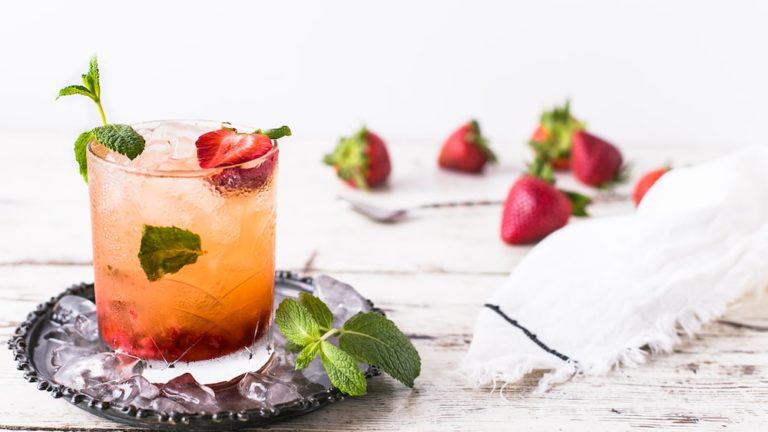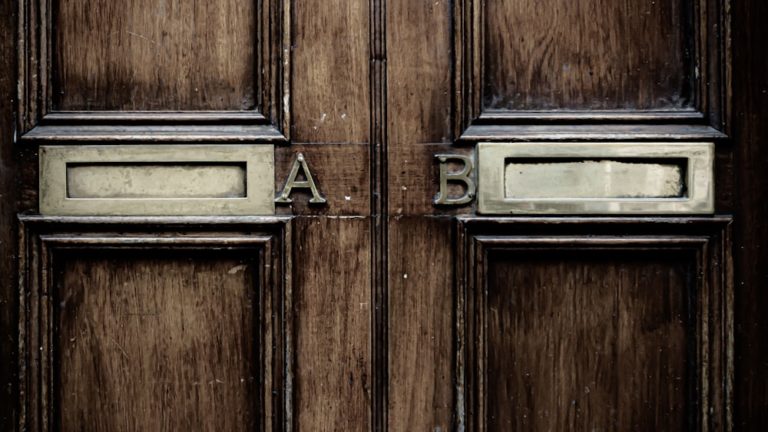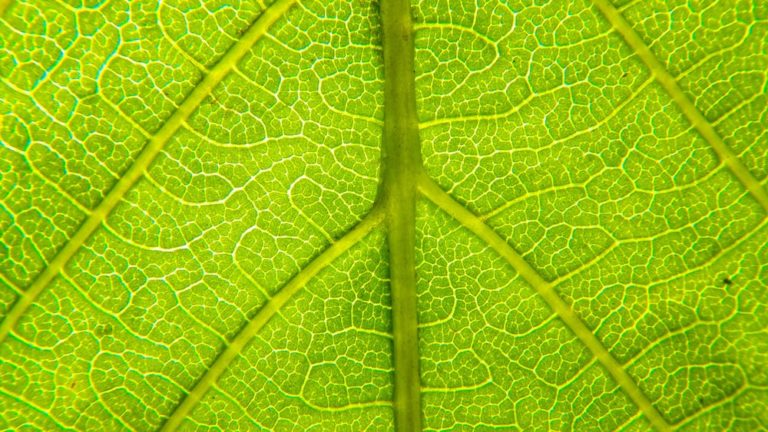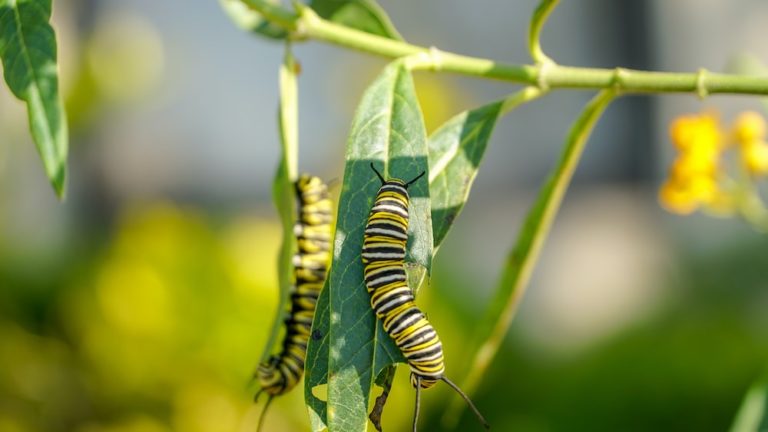Unveiling The Truth: Does Fermented Tea Have Alcohol?
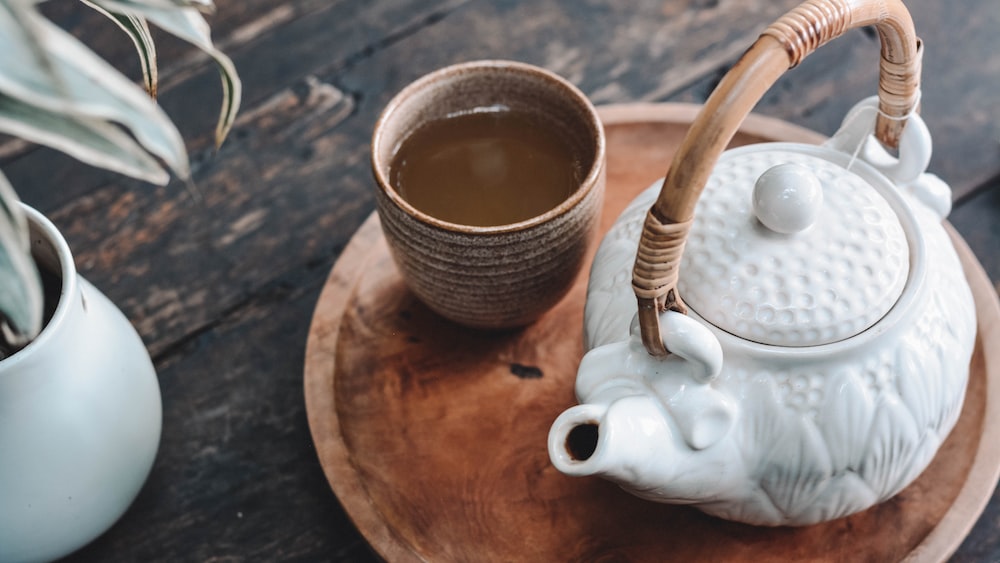
Unveiling The Truth: Does Fermented Tea Have Alcohol?
Welcome, fellow tea aficionados and health-conscious pals! Have you ever sipped on a bubbly glass of kombucha and wondered, “Hey, is there a hidden kick in this?” You’re not alone! The buzz (pun intended) around fermented teas has spiked due to their unique flavors and purported health perks.
But here’s the million-dollar question – does fermented tea have alcohol? It’s like asking if that sneaky cat really stole the cream; the answer isn’t black and white. To unravel this enigma, we’ll dive into the microscopic jazz that goes on during fermentation. It’s a little bit of science, a smidge of culture, and a heap of consumer curiosity.
Now, grab your most trusted steeping tools and a comfy chair, because we’re embarking on a journey to delineate the fine line where tea meets tipple. Will we find fermented tea innocent or guilty of hiding alcohol in its depths? Let’s find out!
The Fermentation Process and Alcohol Production
Ah, fermentation: the alchemy of the food world. It’s been turning grapes into wine and milk into cheese since time immemorial. So, what about when it comes to tea? It’s a veritable cocktail party of microorganisms having a ball in your brew. They’re the unseen workers turning plain tea into a complex potion, and occasionally, a fizzing byproduct of their festivity is… you guessed it, alcohol.
Understanding Fermentation in Tea
In traditional teas like oolong or black tea, the term “fermentation” is actually a misnomer – they’re oxidized, not truly fermented. Real tea fermentation is where its cousin kombucha enters stage left, dancing with live cultures.
- Tea leaves are combined with sugar and a SCOBY – that’s a Symbiotic Culture Of Bacteria and Yeast, not a friend of Scooby-Doo.
- This convivial mix then undergoes an actual fermentation process, which is a biological symphony – Yeasts convert sugars into carbon dioxide and – surprise, surprise – alcohol.
Afterward, the bacteria join the show, transforming the green room (a.k.a. your brewing vessel) into a tiny ecosystem, bustling with activity and transforming the liquid into a tangy, effervescent tea that’s got everyone talking.
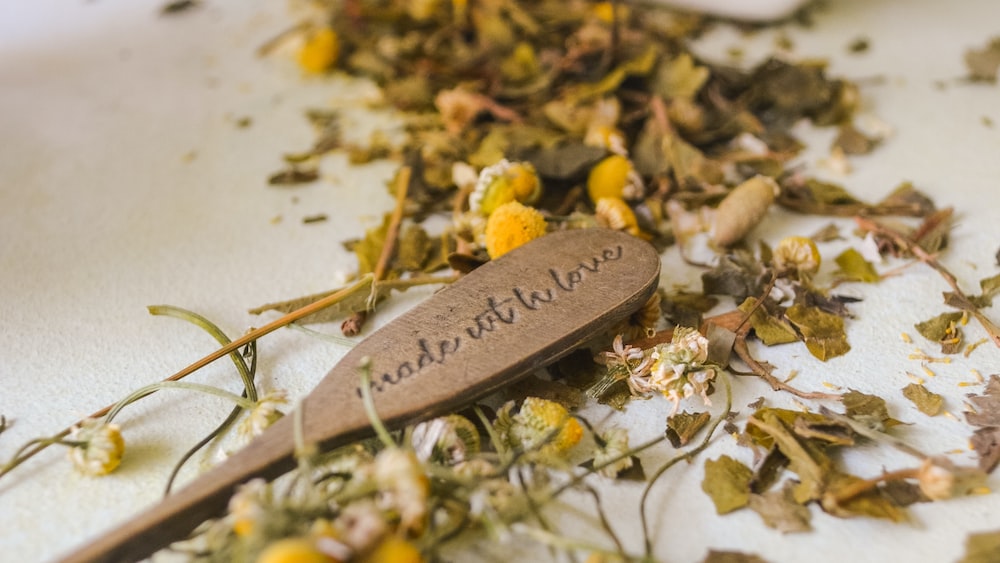
Real tea fermentation occurs in kombucha, where a symbiotic culture of bacteria and yeast transforms tea leaves and sugar into a tangy, effervescent drink.
The Role of Yeast and Bacteria in Alcohol Content
Yeast and bacteria are the dynamic duos of the fermentation world. They’re like Hans and Franz but for your tea, here to “pump up” the flavor. And when these two get together, things can get a little tipsy.
- On one hand, yeasts tend to be booze enthusiasts, working tirelessly to convert sugars into alcohol and carbon dioxide as a byproduct of metabolism.
- On the other, bacteria are more like the moderators, often turning that alcohol into acetic acid – which explains the signature tang in your kombucha.
So, the dance between yeast and bacteria is not just about creating a tasty brew – it’s also about how much alcohol remains in the mix. And trust me, their moves are everything except predictable.
Kombucha: A Case Study in Fermented Tea
You’ve likely spotted kombucha on shelves, heralded as a probiotic powerhouse. It’s the poster child for fermented teas, boasting an enigmatic image that straddles the line between wellness potion and crafty beverage extraordinaire.
What is Kombucha?
Let’s demystify kombucha. Some call it mushroom tea, but don’t expect a fungus among us – this misnomer would have you baffled!
- Essentially, kombucha is a concoction made by brewing tea (usually green or black), adding a sweetener (good old sucrose), and letting a SCOBY do the tango with it.
- With origins shrouded in ancient history, kombucha has soared in popularity because of its fringe flair and rumored health benefits. It’s like that vintage leather jacket in the world of beverages – Ironic, iconic, and a little misunderstood.
Whether it’s for detox, digestion, or just sheer pleasure, kombucha has cultivated an almost cult-like following, and as we peel back the layers, you may find that kombucha is much more than just your average brew.
The Alcohol Content in Kombucha Explained
Now, let’s tackle the fizz-filled question of the day: does fermented tea have alcohol, particularly when we’re talking kombucha?
- Firstly, yes, most kombucha contains traces of alcohol, as it’s a natural outcome of the fermentation process.
- However, don’t expect to swap your Friday night pints for kombucha – the alcohol levels are usually beneath the threshold that would get anyone merrier than a monk at a meditation retreat.
The thing is, the percentage of alcohol can fluctuate based on myriad factors in the fermentation festival. But not to fret, we’ll keep things straightforward, with no hangover in sight, as we uncover these bubbling secrets.
Most kombucha contains traces of alcohol, but the levels are usually beneath the threshold that would cause intoxication.
Factors Influencing Alcohol Levels in Fermented Tea
Peek into your kombucha bottle, and you might see the faintest hint of alcohol winking back at you. But what exactly sways this bevvie from innocent to slightly impish?
Brewing Time and Its Impact on Alcohol Concentration
Time is of the essence – especially when it plays the role of a conductor in the orchestra of fermentation.
- A short brewing cycle might leave you with a low-alcohol sprite that’s barely there, just tickling your taste buds with a hint of what’s to come.
- Let the brew marinate longer, and voilà, you may just find your kombucha flexing with a higher alcohol concentration, like a bodybuilder puffing up before a lift.
It’s a delicate balance, where time can turn your genteel tea gathering into a (slightly) boozy brunch. Who knew the ticking clock had such power in the realm of the fermented?
Temperature and Its Effect on Fermentation
When diving into the warm and cozy world of fermented teas, temperature plays the role of a backstage technician in a Broadway show – crucial but often unsung. You see, fermentation is a bit like a finicky Goldilocks scenario: too cold, and the yeast and bacteria are sluggish, too hot, and they may as well be in a sauna, sweating to their microbial demise. Cooler temperatures can mean a longer fermentation period, with a lower chance of developing a noticeable amount of alcohol.
On the other end of the thermometer, warmer environments tend to speed up the process, urging those microorganisms to a fermentation frenzy, which can lead to higher alcohol levels. Think of them as little partygoers who get more revved up as the room warms up. So, the temperature setting for your tea’s fermentation is not just about the numbers; it’s about setting the stage for a precise biochemical performance.
Legal Regulations and Alcohol Content
In the realm of fermented teas, the line between a chill Sunday brunch beverage and something that might require an ID check is as thin as a delicate porcelain teacup. Legal regulations come into the picture like a strict but fair referee, making sure everyone plays by the rules. These guidelines can be pretty complex – imagine trying to explain to a flabbergasted teapot why it suddenly needs to care about the Volstead Act.
Defining Non-Alcoholic vs. Alcoholic Beverages
The eternal battle between non-alcoholic and alcoholic beverages has left many a tea lover in a state of confusion. But don’t worry, I’ve got the answer to this somewhat fizzy conundrum. Technically, the term “non-alcoholic” could mean the product contains zero alcohol. However, in many cases, it simply signifies that the alcohol content falls below a certain threshold – usually around 0.5% ABV (alcohol by volume). In contrast, “alcoholic” beverages say ‘Cheers!’ to higher alcohol levels.
These legal definitions open a Pandora’s box of delicate distinctions, where a mere fraction of a percentage point can determine whether you’re raising a glass of festive fizz or a mellow mocktail.
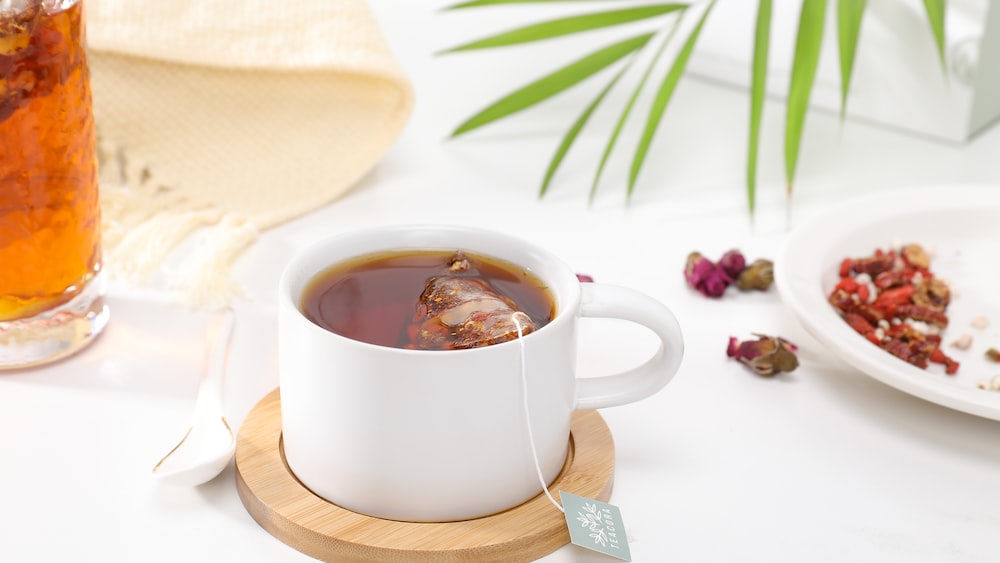
How Fermented Teas Fit into Legal Alcohol Guidelines
Now, when it comes to fermented teas, threading the needle through legal alcohol guidelines can be as delicate as plucking the finest Silver Needle white tea. In the eyes of the law, most fermented teas are considered non-alcoholic because they maintain their alcohol content below that golden 0.5% ABV mark. But here’s the plot twist: occasionally, a batch of fermented tea can stumble over the line and become slightly alcoholic.
Knowing how fermented teas fit into this landscape, manufacturers are often required to conduct regular tests to ensure they abide by legal standards. Here’s the breakdown:
- Regular testing for ABV levels
- Proper labeling in accordance with guidelines
- Ensuring compliance with food safety regulations
These measures prevent the otherwise innocent kombucha from getting a reputation as a party crasher in the world of spirits.
Understanding legal alcohol guidelines and conducting regular testing and proper labeling for fermented teas is crucial to prevent them from crossing the line of becoming slightly alcoholic and maintain their innocence.
Health Considerations and Consumption Advice
When considering the health aspects of fermented teas, we’re straddling a sip line between potential benefits and the need for mindful consumption. Guidance and advice in this area are about as sought-after as the last cookie in the jar – everyone’s reaching for it!
Can Fermented Tea Affect Sobriety?
If you’re trying to maintain sobriety, the question “does fermented tea have alcohol?” can be particularly pressing. The short answer? Technically, yes, but don’t envision a brew that’ll knock your socks off. Most commercially produced fermented teas have such minuscule amounts of alcohol, they’re unlikely to have any significant effect on your sobriety. It’s like expecting a puppy to guard the house – adorable, but not quite impactful.
However, there are always exceptions to the rule. For home brewers or certain artisanal brands, the alcohol content can sometimes creep up higher than expected. Here’s a little summary to keep in mind:
- Store-bought fermented teas: generally safe for sobriety.
- Homemade or artisan brews: potentially higher in alcohol, proceed with caution.
- Always check the label for ABV content.
Potential Health Benefits and Risks of Fermented Teas
The health benefits of fermented teas swirl around in discussion circles like leaves in a teapot. Enthusiasts claim these elixirs can soothe your gut health, boost your immune system, and even brighten your skin – it’s like a spa day in a cup. Fermented teas are often rich in probiotics, those little lifeforms that give your digestive system a friendly nudge.
But let’s not forget, even the best parties have their risks. For those with compromised immune systems or certain health conditions, sipping on fermented tea might stir up more trouble than Zen tranquility. Here’s a trifecta of considerations:
- Probiotic potency: great for gut health, but know your body’s tolerance.
- Homemade varieties: might have unexpected strains of bacteria, so keep your wits about you.
- Sensitivity to alcohol: even small amounts might warrant a conversation with your doctor.
Debunking Myths: Fermented Tea and Intoxication
Let’s cut through the mist of myths surrounding “does fermented tea have alcohol” and whether it can lead to a tipsy tea party. There’s a kettle-full of conjectures and tall tales out there, and I’m here with the teaspoon of truth to help set the record straight.
Can You Get Drunk from Fermented Tea?
Let’s cut to the chase – can you get tipsy on your kombucha break? The thought itself is almost as irresistible as a warm scone with your afternoon Darjeeling, isn’t it? Well, traditionally brewed fermented teas like kombucha do contain alcohol but usually in minuscule amounts. We’re talking about figures that are even below 0.5% ABV (alcohol by volume), which is the legal threshold for non-alcoholic beverages. So, unless you plan on guzzling gallons of the stuff, the chances of your fermented tea causing you to wobble down the street are slimmer than a tea leaf in a hurricane.
But wait, there’s always an exception to the rule, isn’t there? Some home-brewed varieties or particular brands might just cross that thin, blurry line, offering a bit more zing. Fermentation is a wild ride, and if left unchecked, the yeast and bacteria having a party in your tea could invite alcohol to the dance floor in higher concentrations. Still, unless you’re imbibing these specific potent brews in ambitious quantities, you likely won’t find yourself singing karaoke with the teapot.
Understanding the Buzz Around Fermented Tea and Alcohol
I’ve been itching to spill the tea on this one. There’s quite the buzz surrounding fermented tea, and it ain’t just the bacteria doing the electric slide. People are curious; some are wondering if their daily kombucha is the naughty nectar they never knew they were consuming. The truth? Most commercial fermented teas, including our beloved kombucha, are brewed with the intention of keeping the ABV low – welcoming to teetotalers and drinkers alike.
But here’s where it gets interesting. The fermentation process is a bit like a culinary chemistry set, where time, temperature, and those feisty microbes forge an unpredictable alliance. Given the right conditions, the alcohol content can indeed creep higher than usual. Add to the mix a rise in home brewing, where consistency is as elusive as the perfect cup of tea, and you’ve got variable ABV levels that could potentially give a gentle buzz.
Regulation and labeling have stepped in to reduce confusion, though not without a dollop of controversy. The beverage industry is kept on its toes, juggling between health drink ambitions and alcoholic integrity. Whether the fermentation results in a healthy probiotic powerhouse or a mellow mood elevator depends on various factors – but one thing is crucial: transparency is key, and consumers must always be provided with accurate info on what they’re sipping.
FAQs
1. How does the alcohol content in fermented tea compare to other alcoholic beverages?
The alcohol content in fermented tea usually falls below 0.5% ABV, which is significantly less than typical alcoholic beverages. For example, a standard beer can have an ABV ranging from about 4% to 6%, wines typically sit around 9% to 15%, and spirits can soar to 40% or more. So, in comparison, the alcohol level in most fermented teas is essentially a drop in the barrel.
2. Is it safe for pregnant women to consume fermented tea?
Whether it is safe for pregnant women to consume fermented tea is a question best served with a slice of caution. Due to the variability in alcohol and caffeine content, and the possible presence of harmful bacteria, many health professionals advise against it. It’s essential for pregnant women to consult with their healthcare provider before incorporating fermented teas into their wellness routine.
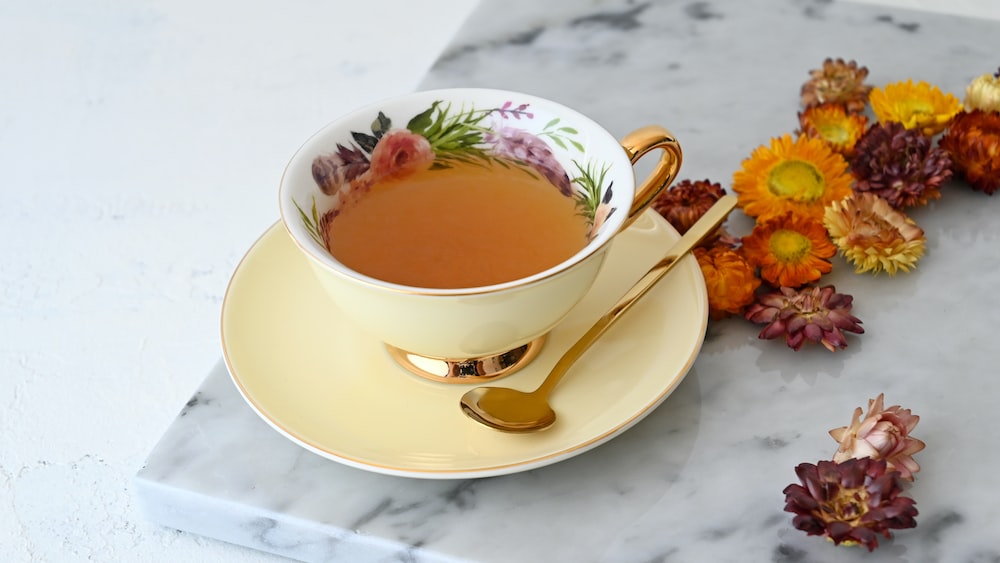
3. Can individuals with alcohol restrictions safely drink fermented tea?
For individuals with alcohol restrictions, it’s important to approach fermented tea with an eye for detail. Most fermented tea has very low alcohol content, often under the 0.5% ABV threshold, but it’s key to check the label or even test the beverage if necessary. Abstinence from alcohol is critical for certain individuals, and non-alcoholic claims should be verified to ensure safety.
4. How can consumers ensure they’re choosing low-alcohol or alcohol-free fermented tea options?
To ensure they’re choosing low-alcohol or alcohol-free fermented tea options, consumers should:
- Look for labels that specify “non-alcoholic” with alcohol content detailed.
- Opt for well-known brands that have consistent brewing processes audited for ABV.
- Consider purchasing home-testing kits to verify alcohol levels if home-brewing or in doubt.
Following these steps, tea enthusiasts can take pleasure in their favorite beverage without concern over unintended intoxication.
Conclusion
Throughout our steeped journey together, we’ve unfurled the delicate leaves of truth regarding the question – does fermented tea have alcohol? Well, it’s clear that while most fermented teas are crafted to be non-intoxicating, there’s a tiny possibility of ABV levels rising above the non-alcoholic threshold under certain conditions.
As we’ve swirled through factors from fermentation to legal fine print, we’ve discovered that fermented tea generally doesn’t pack enough punch to throw you off balance. But, as with all fine varieties of life’s concoctions, understanding the ingredients, process, and results are essential, especially when weaving into the tapestry of our daily health routines. So fear not – you can probably keep pouring that fizzy health drink without worrying about a surprise fermentation fest in your system.
And now, as our teapot empties and our cups clink their final sip, let’s hug each tea leaf goodbye with the reminder to sip responsibly. Stay curious, stay informed, and always enjoy the myriad of beverages life pours out. Until next time, keep those pinkies down and those spirits up. Sincerely yours, Zoe.

